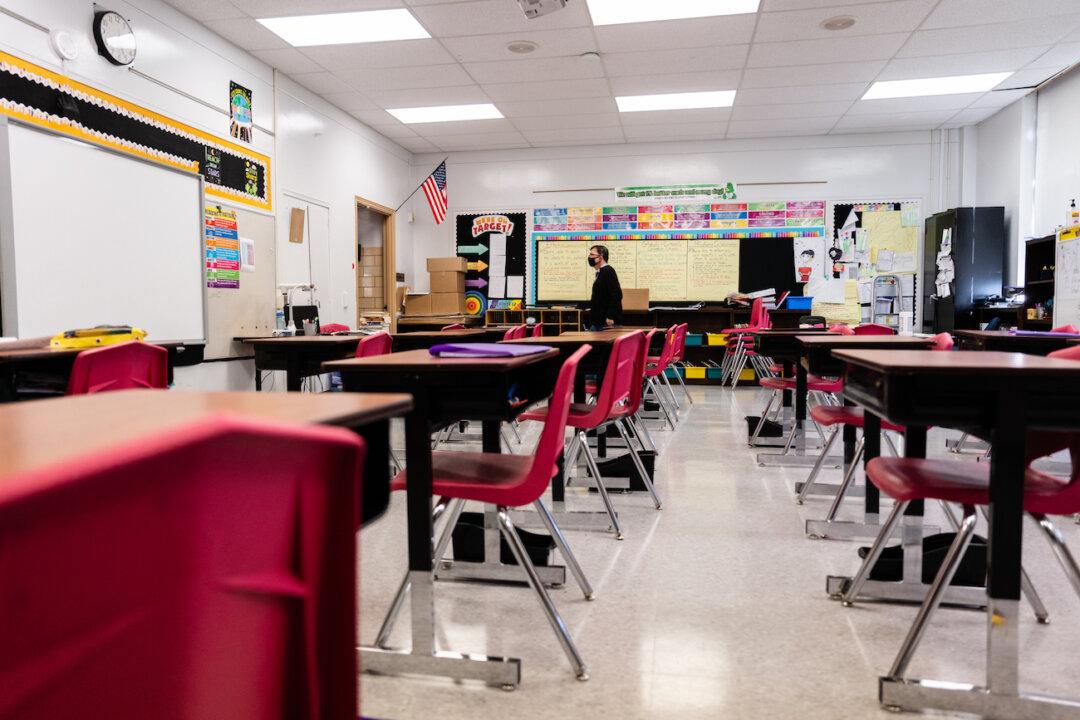North Carolina state lawmakers came to an agreement on funding to clear the state’s private school voucher waiting list.
Republicans in the state House and Senate brokered the deal on Sept. 6, allocating hundreds of millions of dollars for a supplemental spending proposal directed at the school voucher program.





